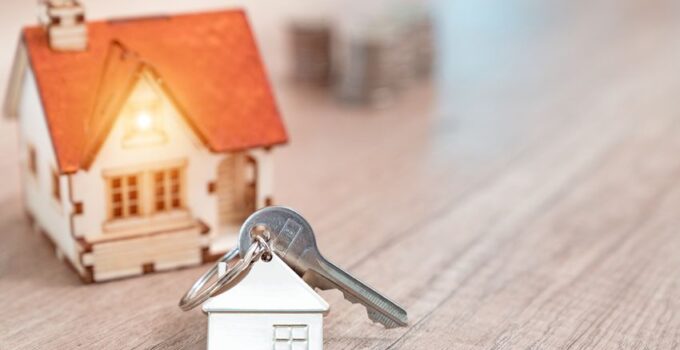You’ll find a lot of reasons to consider investing in an income property. An income property can be a valuable piece of real estate that — with a little cooperation from the real estate market — can grow more valuable over time.
In addition to being a great investment in the same way that a stock or a bond could be, your income property will also (as the name suggests) generate income. Rental payments could form a passive income stream that helps you generate more and more wealth over time.
But it’s also important to remember that investing in an income property is not exactly a “set it and forget it” situation. The moment that you rent out a living space to another person, you become a landlord. That comes with its own set of priorities and risks — and its own set of obligations, too.
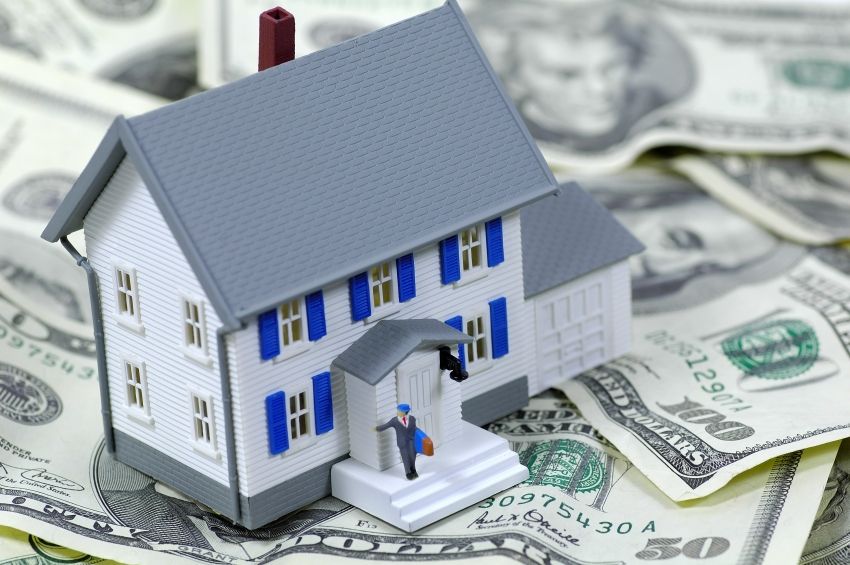
source:entrepreneur.com
What are your responsibilities as a landlord?
As a landlord, you are responsible for providing a safe and comfortable place for your tenants to call home. You are responsible for abiding by the terms of the lease, and your specific obligations regarding things such as the plumbing and electrical systems will be laid out in state and municipal laws and codes.
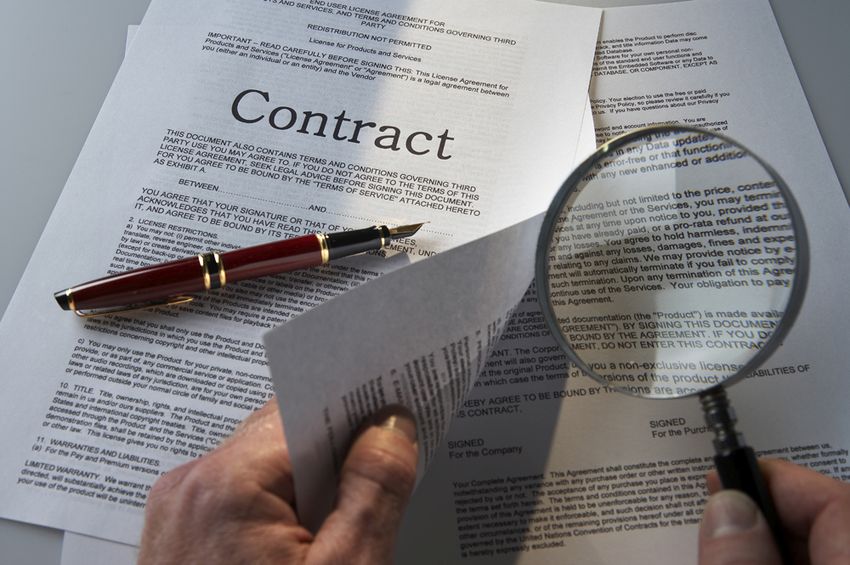
source:entrepreneur.com
You’ll have a lot to keep track of. You should consider consulting with an attorney to get all of your legal obligations straight. Use a spreadsheet or helpful landlord software to track all of your obligations and the state of your property (or properties).
You are also obligated to help out your tenants with regular repairs and maintenance work. If your tenants reach out to you with a concern about a leak or peeling paint, it’s on you to make sure that the problem is fixed in a timely manner.
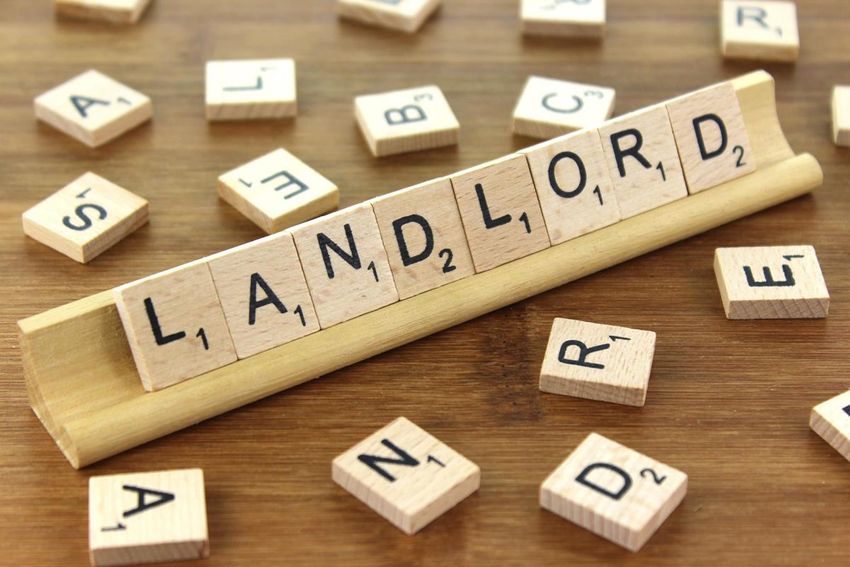
source:abodo.com
You will have responsibilities related to your city or municipal area, too. While tenants will have to put their trash in the proper places (more on that later), you’re the one who handles the sum of that trash for a building with multiple units. You are likely to be responsible for some utilities, too. Make sure that you know exactly what you’ll be dealing with on the municipal end of things, because the fines can be steep — and liability issues can crop up, too, such as if someone slips on sidewalk ice that city ordinances say you have to clear (again, this will vary by area — it’s up to you to find out if something like this is your responsibility).
What are your tenant’s responsibilities?
It may seem like you are responsible for an awful lot as a landlord — and, as a matter of fact, you are. But it’s not as if your tenants are totally without responsibilities of their own. Let’s talk a little bit about a tenant’s obligations.
The most obvious obligation that a tenant has is the obligation to pay the full rent in a timely manner. But that’s not all tenants should do. Your tenants will be obligated to help keep your property in good shape. They’ll be expected to keep things clean and safe, and to notify you when repairs are needed. Your tenants will need to take out the trash and handle other basic chores. They’ll also be responsible for things that they damage or break themselves (they’ll have to fix those things or pay for them).

source:entrepreneur.com
Unfortunately, there’s only so much that you can do to demand that your tenants live up to these obligations. The best way to make sure that they do is to take the time to pick out the right tenants before a lease is signed. You should use quality landlord software to post an online rental application and perform a tenant background check and a tenant credit check. Be careful to make sure that your incoming tenants have good personal and financial reputations. If they do, you can be more confident that they will live up to their end of the bargain.
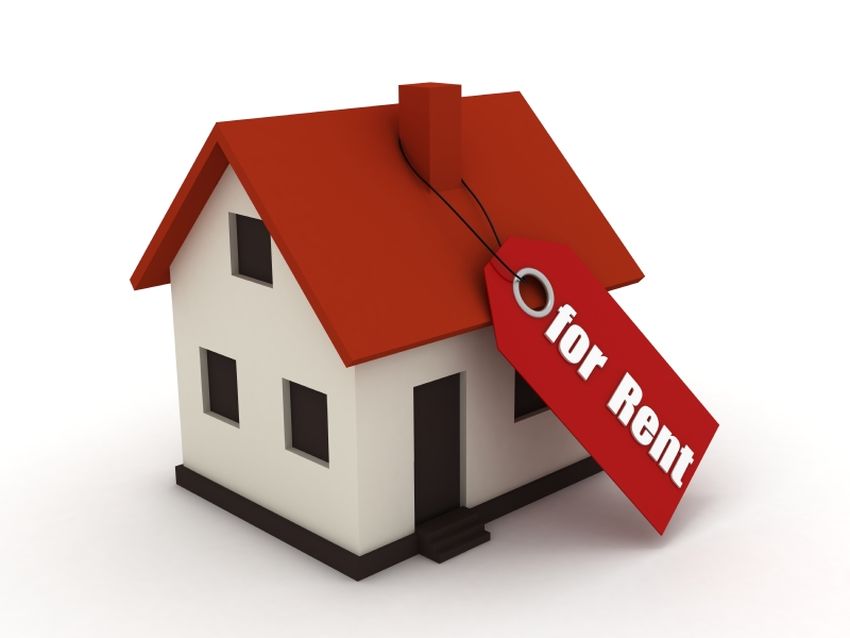
source:entrepreneur.com

